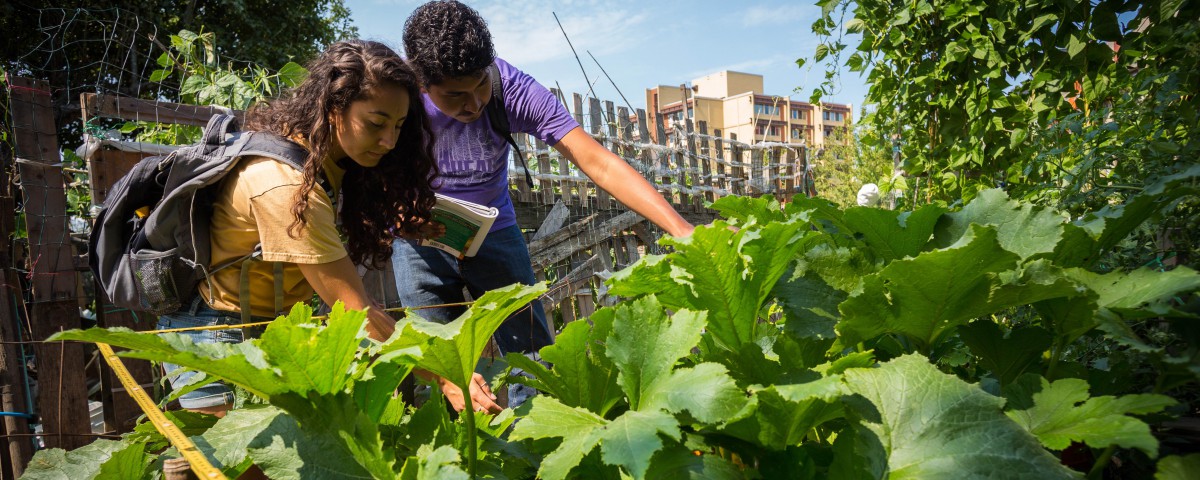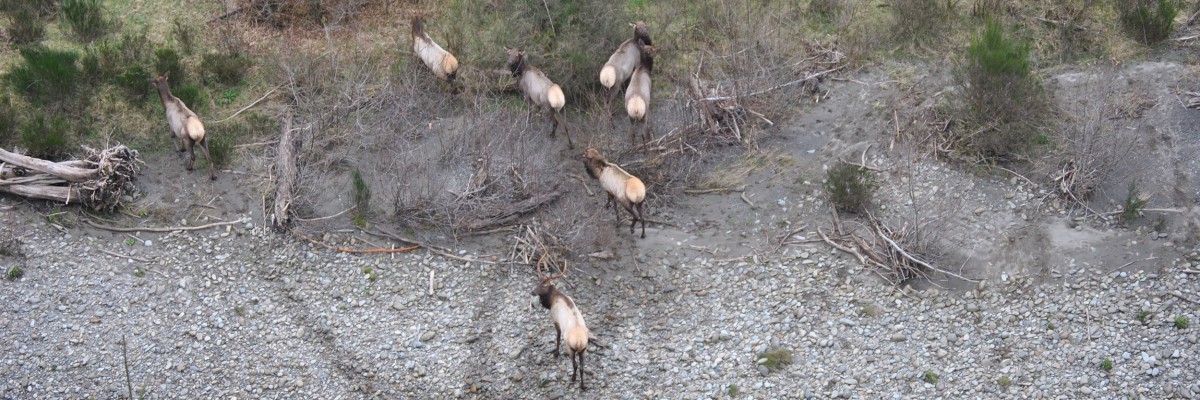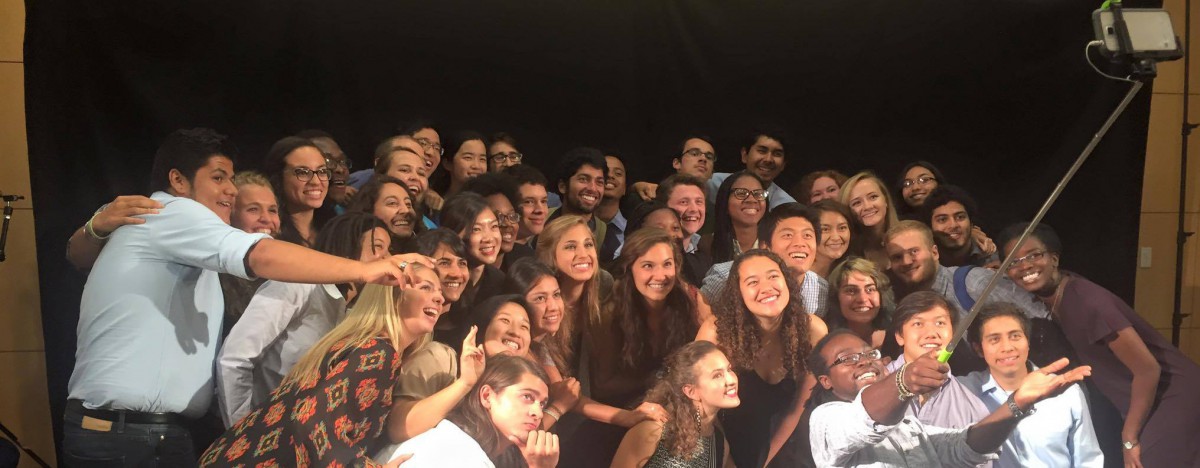Online Program Orientation & Community Building
**Online**
The first three weeks of programming will be delivered as a distance learning program from June 19 – July 7, 2023. These weeks will focus on orienting scholars to the program, developing shared language and understanding around biocultural conservation, environmental justice, and our key themes of power, privilege, identity, and agency as they relate to the human and more-than-human world. Community-building will also be an emphasis for these first two weeks, with numerous activities centered on storytelling and the development of community norms.
Scholars will arrive in Seattle the week of July 10, 2023 to complete the field immersion programming, and will depart on August 14.



